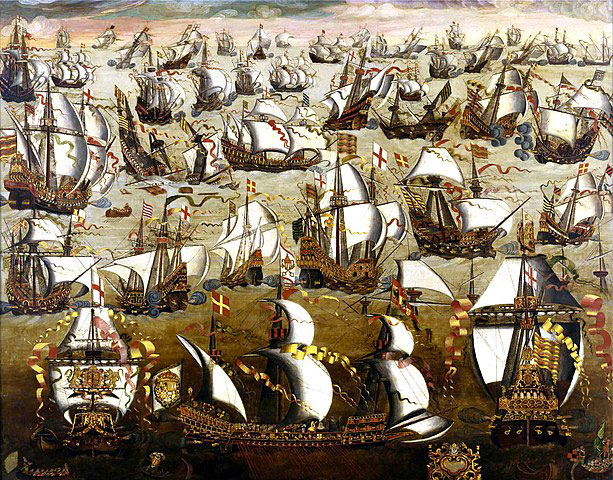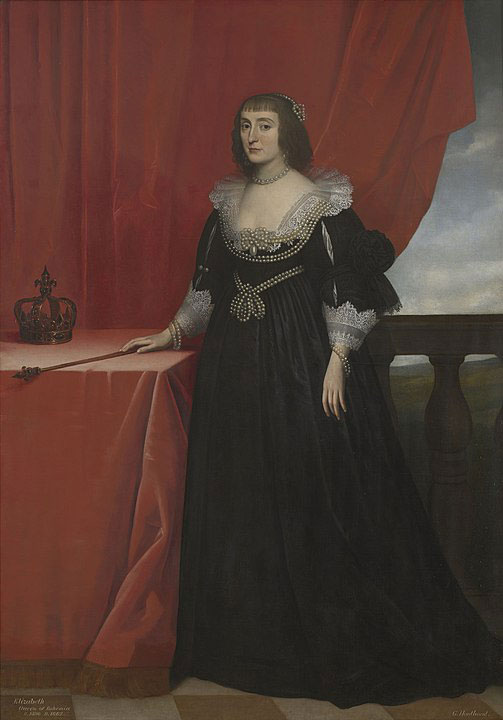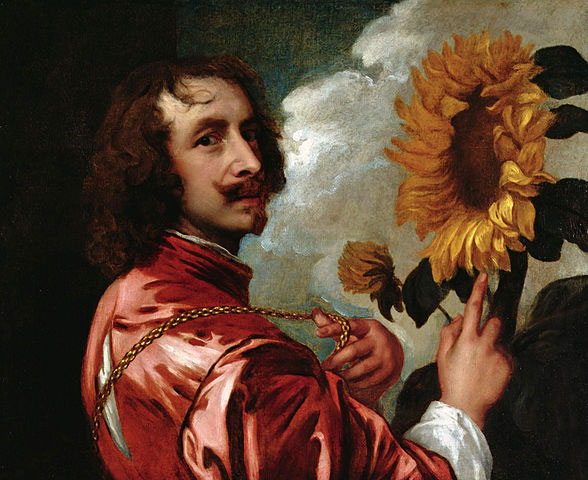1570
Elizabeth I is excommunicated by Pope Pius V.
Elizabeth I is excommunicated by Pope Pius V.
A plot to depose Elizabeth I, led by Florentine banker Roberto Ridolfi, is discovered.
The Royal Exchange is established, acting as a centre for commerce for the City of London.
Thomas Howard, duke of Norfolk, is executed for his part in the Ridolfi Plot.
The Treaty of Blois is signed between Catherine de' Medici of France and Elizabeth I, in which they relinquished their rivalry and agreed an alliance against Spain.
Francis Drake leads raids on the Spanish-controlled Isthmus of Panama.
The Vagabonds Act, a precursor to the Poor Laws, arranges support for the aged or those unable to work, and imposes punishments on unlicensed beggars.
Life of English architect, Inigo Jones.
Life of John Hall, physician and son-in-law of William Shakespeare.

Francis Drake sets off on an expedition against the Spanish in the Pacific coast of the Americas; this would lead to his circumnavigation of the world in 1580.
A playhouse is opened at Blackfriars, circumventing rules which forbid the existence of theatres by claiming the use of the venue for choir practice.
Second Desmond Rebellion.
Francis Drake returns from his circumnavigation of the world and is knighted by Elizabeth aboard his flagship, the Golden Hind.
War of the Portuguese Succession.
Dutch United Provinces of the North declare independence from Spain.
Sir Francis Throckmorton, cousin to one of Elizabeth's ladies-in-waiting, leads an unsuccessful conspiracy to depose Elizabeth and replace her with Mary Queen of Scots.
With the Treaty of Nonsuch, Elizabeth I formally begins to support Dutch rebels against Philip II of Spain, leading to war between England and Spain.
An English colony is established on Roanoke Island, on the east coast of America, but is abandoned shortly after.
Another plot to depose Elizabeth, this time led by Anthony Babington, is discovered by Sir Francis Walsingham.
Mary Queen of Scots, having been implicated in the Babington Plot, is beheaded at Fotheringay castle.
Francis Drake leads an attack on the Spanish fleet at Cadiz, destroying a number of ships.

The Spanish Armada sails for England, but is defeated and forced to return to Spain.
William Lee invents the first stocking frame knitting machine.
The English response to the Armada is defeated at Coruña and the Azores.
Irish rebellion against English rule.
The Act Against Papists 1593 is issued.
A series of bad harvests, coinciding with outbreaks of disease and a fall in wages, leads to a protest against enclosure in Oxfordshire.
The Act for the Relief of the Poor establishes overseers for the poor.
The Globe Theatre is built on Bankside in London.
Elizabeth I signs a Royal Charter founding the 'Company of Merchants of London trading into the East Indies'.
In the first voyage of the East India Company, four British ships sail for Sumatra and Java.
The Poor Relief Act formalises the poor relief system.
On the death of Elizabeth I, James VI of Scotland accedes to the crown and becomes James I of England.
The war against Ireland ends in an English victory.
The Treaty of London brings an end to the war against Spain.
James I writes A Counterblaste to Tobacco and raises tobacco taxes sharply.
The Gunpowder Plot, attempting murder against the king, is uncovered.
Flight of the Earls and the beginning of the Protestant Plantations of Ulster.
The first lasting English settlement in the new world is founded at Jamestown.
Life of John Milton.
The King James Bible is published.
Prince Henry, eldest son of James I, dies of smallpox, placing his younger brother Charles as heir to the throne.
Sir Thomas Roe agrees terms with the Mughal Emperor Jahangir to build a trading base in Surat.

Elizabeth Stuart, daughter of James I, marries Frederick V, Elector of the Rhine Palatinate.
The Globe Theatre catches fire during a performance of Henry VIII, and is destroyed.
Pocahontas marries English colonist John Rolfe.
John Rolfe arrives in London from the Virginia Colony with Pocahontas.
Protestant revolts in Bohemia lead to the Thirty Years' War, involving several European powers including Frederick V and Elizabeth Stuart.
The Pilgrim Fathers sail to America to establish a new colony.
Life of John Evelyn, English diarist.
Corante, the first newspaper printed in England, reports on news from the continent.
The Spanish Match' - Prince Charles and the Duke of Buckingham travel incognito to Spain in a failed effort to arrange Charles' marriage to Infanta Maria Anna, daughter of King Philip III.
Under the Infanticide Statute, unmarried women whose child is found dead and who are found to have concealed the birth are to be convicted of murder.
On the death of James I, Charles I accedes to the throne.
The English Parliament attempts to limit Charles' ability to raise finances.
Charles I marries Henrietta Maria, Catholic daughter of King Henry IV of France.
Anglo-Spanish War.
English attempts to relieve French Huguenot rebels at La Rochelle end in failure.
The 'Five Knights' case finds that Charles I has a prerogative to imprison without trial those who refuse to pay forced loans.
Parliament adopts the 'Petition of Right', restricting non-parliamentary taxation, martial law and imprisonment without trial.
The Duke of Buckingham is assassinated.
Charles I prorogues parliament and does not summon another for eleven years.
Life of John Locke.

Anthony Van Dyck moves to London and becomes portrait painter at court.
Life of Samuel Pepys.
In an attempt to raise funds without relying on parliament, Charles I begins to levy ship money.
John Hampden, a wealthy Buckinghamshire landowner, refuses to pay ship money, prompting others to do the same.
With a new Book of Common Prayer, Charles I attempts to impose Anglican practices on Scotland.
Scottish Presbyterians adopt the National Convent, reaffirming their religious independence from England.
War breaks out between England and Scotland as Charles I continues to assert his religious authority.
In need of funds, Charles summons parliament but his demands are denied. Parliament is dismissed in a matter of weeks.
After the Scottish Covenanters capture Newcastle and Durham, Charles I summons another parliament.
Parliament begins impeachment proceedings against Charles' key counsellors, leading to their exile or execution.